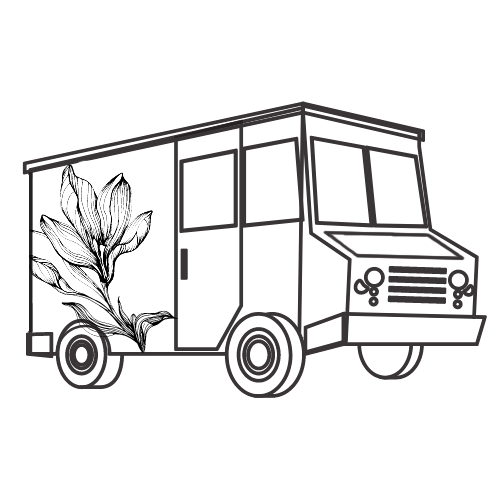



Blueberry, Florida Evergreen 'Rosa's Blush'
Vaccinium darrowii 'Rosa's Blush'
1 Gallon | Hardiness Zones 7-9
This small leaf evergreen blueberry is native to sandy pinelands in the South. Small bell-shaped white flowers are followed by small but edible blueberries. The leaves are normally green or blue-green. This variety has blue-green leaves but the new growth is very showy with lots of pink tints.
This character seems to manifest itself mostly in material from Highlands County, Florida and is noted in several clones being worked with at NC State University blueberry breeding program. 'Rosa's Blush' is a selection made by our friend Steve Riefler who is a noted Florida plant hunter and plant breeder.
Steve has found and introduced a number of now popular native species and selections. Steve named this now popular selection for the late Rosa Gonzales, a nursery colleague. Plant this charming plant in sandy acid soil that is well-drained and select a sunny or semi-shady site.
Photos courtesy of Mike Gercens III and NetPlant.
Pickup currently unavailable at Aiken Nursery
Schedule Delayed Shipping in your Cart
Plant Specs
- Zones: 7 - 9
- Sun: Full Sun and Part Shade
- Soil: Well-drained and Acid
- Height at Maturity: 2 - 3 feet
- Spread at Maturity: 2 - 3 feet
- Growth Rate: Moderate
Evergreen
Flower/Foliage
Care Info
Here’s a closer look at how we produce our plants:
From rooting to shipping, our top priority is ensuring you receive healthy, thriving plants for your garden’s success.

The majority of our plants are carefully cultivated from rooted cuttings, while we also utilize propagation methods such as seed, air layering, and grafting, thoughtfully chosen to suit each plant’s unique needs.

Our plants are cultivated using sustainable practices, including organic soil blends and eco-friendly pest management, ensuring they thrive while minimizing environmental impact.

We are proud to contribute to local biodiversity through ongoing donations to the Aiken Arboretum and support for local wildlife conservation efforts, helping to preserve and enhance our community’s natural ecosystems.
Frequently Asked Questions
What to expect upon delivery
All our plants are sold in 1-gallon sizes, though the height of each plant can vary depending on its growth rate and seasonality, typically ranging from 1/2 to 2.5 feet.
Each plant is carefully packaged with its roots enclosed in a secure plastic bag containing moist soil, forming a compact root ball. To ensure safe transport, the box is padded with recycled newspaper, providing both stability and eco-friendly protection from weather during shipping.
What is your return policy?
Review our full return policy information on our SHIPPING AND RETURNS POLICY page.
What payment methods can I use?
We offer 35 different payment methods including major providers like Mastercard, Visa, PayPal, American Express and Diners as well as many different local payment methods including Klarna, iDEAL, AliPay, Sofort, giropay, and many more.
Can I make changes to my order after it’s been placed?
At Woodlanders, we strive to fulfill orders as quickly as possible. Therefore, we can only accommodate changes to your order within the first 24 hours after it has been placed. These changes include adding or removing products and modifying the delivery address. If you need to make any changes or if there has been a mistake with your order information, please reach out to us promptly via our CONTACT page with your order number for the quickest resolution.
Your satisfaction is our priority, and we appreciate your understanding and cooperation.


